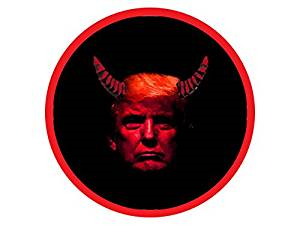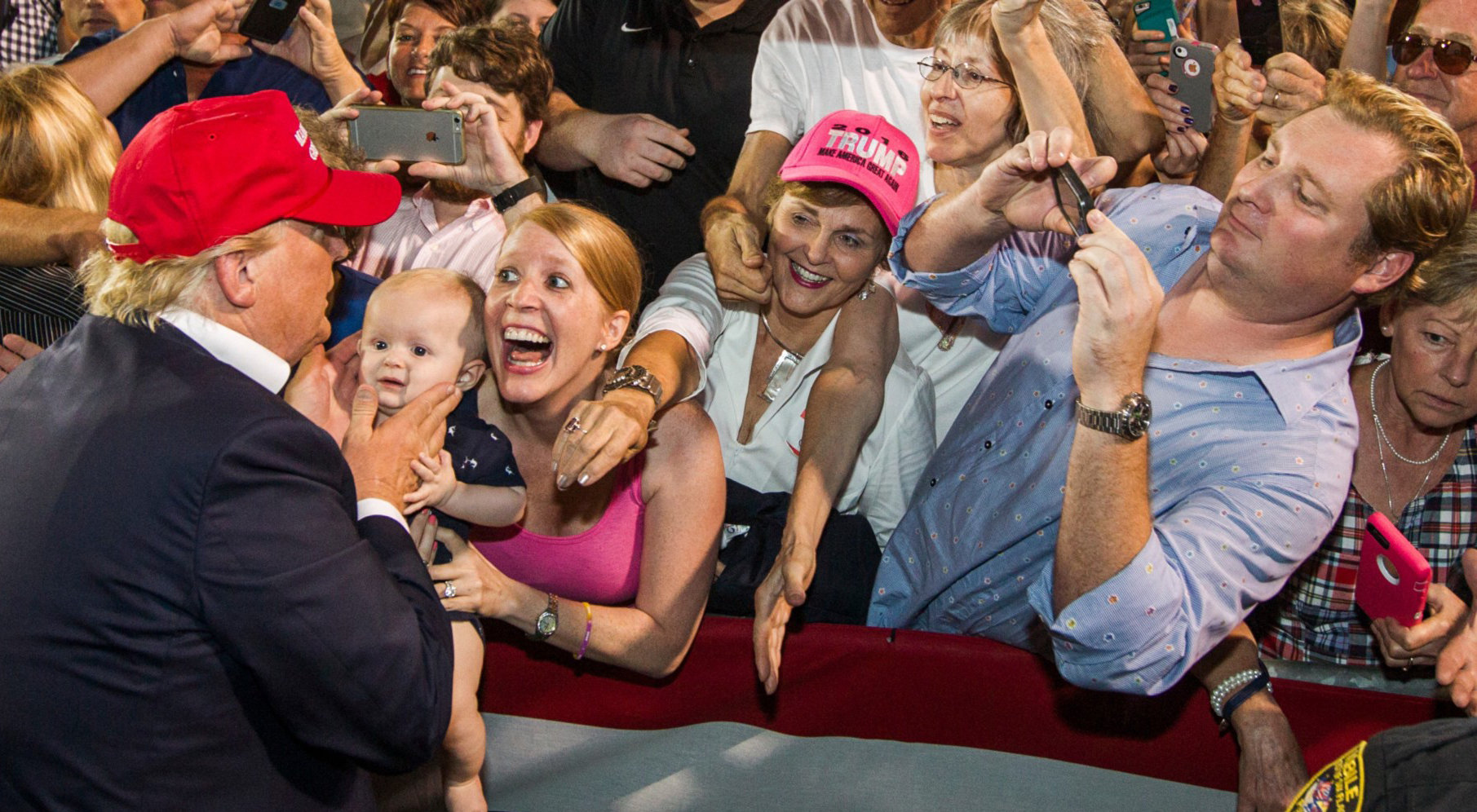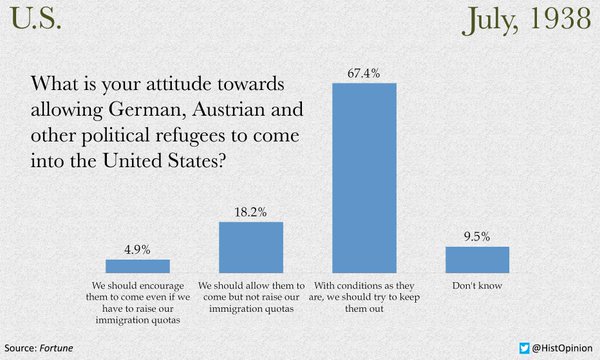
This picture is from a sticker you can buy on Amazon


There are many wounded people who harm others, motivated by greed, anger and perceived self-defense. Many types of behavior traditionally considered evil are harmful because they are immoderate (extreme). Deadly sins such as lust, sloth, gluttony and greed are all problematic because they are immoderate forms of normal behavior.

Photo from Medium. Cropped by More Content Magazine
More dangerous are the crusaders who think they are righteous but have an uninformed, disinformed and/or delusional notion of who and what people, movements, places etc. should be controlled, punished or eradicated with force and/or violence.
There is overlap between the two categories. When either type acts in way that unnecessarily harms others, they commit an evil or harmful act.
The value of the word "evil" is that it should make very clear which behaviors should be taboo. Somehow it seems appropriate to say that genocide is evil. Calling it "harmful" doesn't seem strong enough.
The problem with the word "evil" is that it traditionally means violating an established taboo. Behavior, such as causing environmental damage, that are not on traditional lists of taboos are tacitly exempt. Rather than obey a list of taboos, many of us want people to consider the potential harmful consequences of their actions before they act. That requires thinking, which some find uncomfortable.
The danger of modern style harm-based ethics is that people are very good at finding rationalizations for their behavior. There is some legitimacy to traditional moral adherents fear of "situational ethics." When making ethical decisions we need to ask ourselves whether we are genuinely acting for the greater good or just rationalizing our greed or another selfish motivation.
Thanks and credit to Jesse West for asking questions that led to the creation of this article.

From the Washington Post: "The results of the poll illustrated above by the useful Twitter account @HistOpinion were published in the pages of Fortune magazine in July 1938. Fewer than 5 percent of Americans surveyed at the time believed that the United States should raise its immigration quotas or encourage political refugees fleeing fascist states in Europe — the vast majority of whom were Jewish — to voyage across the Atlantic. Two-thirds of the respondents agreed with the proposition that "we should try to keep them out.""
![]() Back to Oranj Productions Home
Page
Back to Oranj Productions Home
Page
Contact Info
All content Copyright 1993-2018 Oranj Productions.
All Rights Reserved.